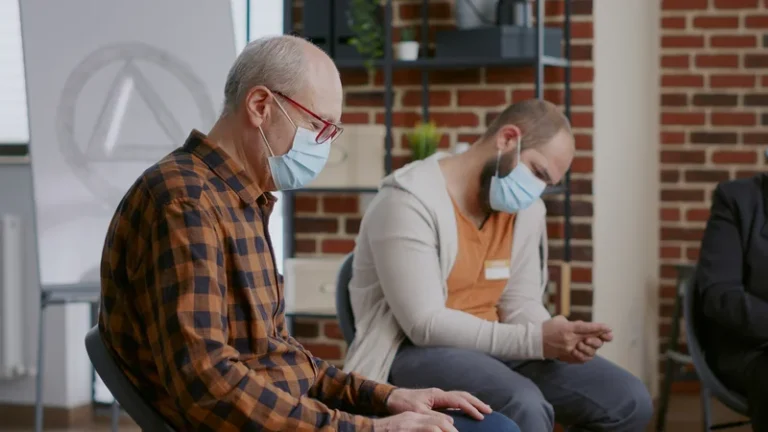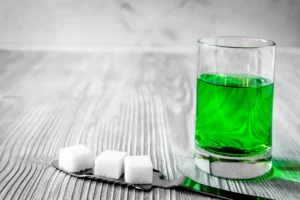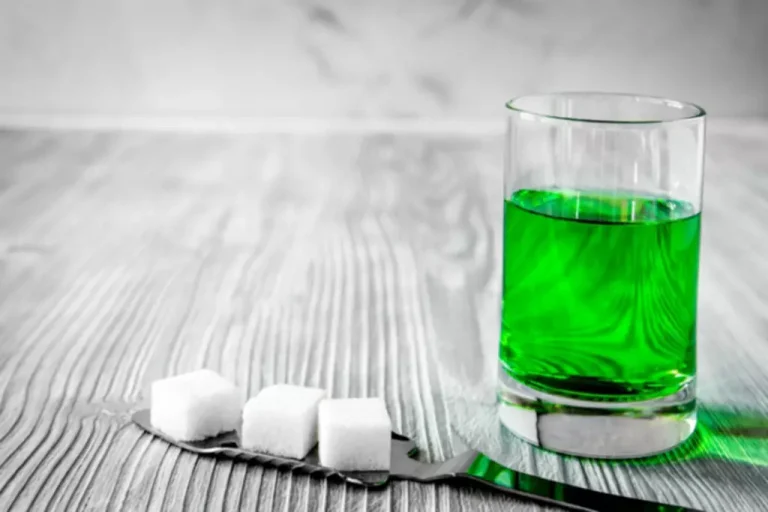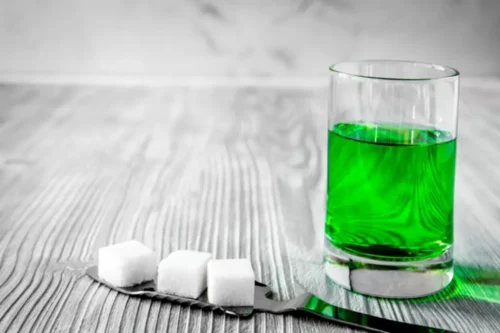Alcohol Withdrawal Timeline: How Long Does Each Stage Last?

Your CNS is on the other side of the rope pulling back by increasing its own activity to keep things running. Over time, your CNS adjusts and sees that increased activity level as its new normal. Alcohol withdrawal symptoms can start as early as two hours after your last drink, but it’s most likely to start between six hours to a day after your last drink, according to guidelines from American Family Physician. If you are detoxing in a facility, your medical staff will administer medications and help alleviate the worst of the symptoms. If you are attempting to detox independently, be sure you have a responsible adult watching closely to ensure your safety.
- Detox is an inpatient setting with medical staff available at all times.
- When Wernicke encephalopathy is suspected or manifests, parenteral administration of 500 mg thiamine three times daily should be started with no delay, as recommended by British guidelines (category D) (37).
- Not everyone who experiences alcohol withdrawal will experience delirium tremens.
- If you’re concerned about your risks for developing alcohol use disorder, it’s a good idea to talk to a healthcare provider.
Suicide prevention
- Withdrawal symptoms can quickly go from a bad hangover to a serious medical situation.
- • A history of epilepsy prior to alcohol abuse is suggestive of seizures triggered by alcohol abuse instead of alcohol withdrawal seizures and management may vary accordingly.
- Symptoms occur in three stages, with the first symptoms typically appearing within 8 to 10 hours after your last drink if you have severe AUD.
Stage two starts after 24 hours have passed from the last time you took a drink of alcohol. Below are examples of mild, moderate, and severe symptoms during stage two of withdrawal. The quantitative, measurable detection of drinking is important for the successful treatment of AUD. Therefore, the importance of direct and indirect alcohol markers to evaluate consumption in the acute clinical setting is increasingly recognized.
Minor withdrawal symptoms: 6–12 hours
For instance, if you’ve gone through benzodiazepine withdrawal, you may experience severe withdrawal when going through alcohol withdrawal and vice versa. In general, the course of alcohol withdrawal is highly variable and somewhat unpredictable. Screening and assessment tools do not allow physicians to predict with confidence who will or will not experience life-threatening symptoms. Those experiencing mild alcohol withdrawal symptoms or who are concerned about experiencing withdrawal symptoms will benefit from the advice of a physician or clinician trained to assess and treat patients in alcohol withdrawal. Individuals experiencing alcohol withdrawal syndrome should receive treatment according to the severity of their condition. Those with very mild symptoms can receive treatment as outpatients but may require the support and help of family and close friends for help.
Stage One of Alcohol Withdrawal
Symptom-triggered treatment has been reported to be as effective as fixed-dose or loading therapy, resulting in lower doses and shorter treatment time (58). Yet, treatment strategies and doses vary from center to center and consensus is lacking (46). Moderately severe AWS causes moderate anxiety, sweating, insomnia, and mild tremor. Those with severe AWS experience severe anxiety and moderate to severe tremor, but they do not have confusion, hallucinations, or seizures.
Historical note and terminology

Alcohol can manipulate chemicals in your brain to create psychoactive effects. Some symptoms, such as irritability, fatigue, and sleep disturbances, may persist over time while the body adjusts to the lack of alcohol. Individuals may also want to consider maintenance medications, a support group, or enlisting the support of friends. Individuals experiencing mild symptoms could receive home treatment with the help of close friends and family members. However, if symptoms worsen, it is advisable to seek immediate medical attention so that individuals receive appropriate treatment.

Complications
Not everyone who experiences alcohol withdrawal will experience delirium tremens. Alcohol use disorders cover a range of severity from mild to moderate to severe. Someone with a mild-to-moderate alcohol use disorder may have a problem with alcohol without developing significant dependence. In such cases, alcohol withdrawal may not occur when they cut back or quit drinking. However, about half of people with alcohol use disorders will experience withdrawal symptoms.
Management

Research shows people who have a supportive social network are more likely to remain alcohol-free after withdrawal. Those with a wider circle of support have a better chance of staying sober. During an exam, they’ll look for other medical conditions to see if they could be to blame. When the alcohol level suddenly drops, your brain stays in this keyed up state. Over time, your central nervous system adjusts to having alcohol around all the time. Your body works hard to keep your brain in a more awake state and to keep your nerves talking to one another.
Deterrence and Patient Education
Barbiturates have been shown to be effective in acute severe withdrawal syndrome. If you are thinking about quitting drinking, talk to your healthcare provider. Medical supervision, behavioral health alcohol withdrawal seizure treatment, and mutual-aid groups can help you through alcohol withdrawal and stay stopped. While you’re in inpatient treatment, you may also be treated with IV fluid, which can help keep you hydrated through the withdrawal process. Medical detox programs may also involve therapies to address alcohol use disorders.

Stage 1: 6 to 12 hours after last drink
To learn more about when you may need help for alcohol misuse, visit our informational page on helping someone with an alcohol use disorder or take our alcohol misuse self-assessment. Common medications include benzodiazepines to help treat symptoms like anxiety, insomnia, and seizures. You might also take anti-seizure meds and antipsychotics, along with other drugs.
This is where symptoms are usually the most severe, with some individuals displaying delirium tremens — hyperactive autonomic activity that can lead to cardiac collapse. Delirium tremens can last up to 5 days, with a mortality rate of up to 37%. This highlights the severity of the condition and the need for immediate medical attention. Symptoms of alcohol withdrawal can occur as early as a few hours after a person’s last drink. For some, these symptoms may peak within the first 24–48 hours after alcohol cessation, but they may continue after this point in others. And while symptoms generally improve within 5 days, some may experience prolonged symptoms.